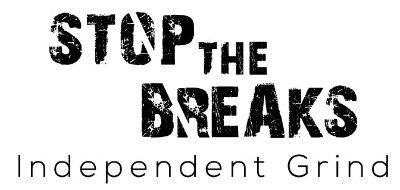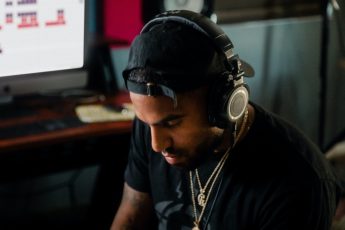
Band members and musicians need space to work together and create great music. Decades ago, this meant painstaking scheduling to get everyone together. Garages and basements were the usual jam rooms. Neighbors would complain. But in the many years since then, internet technology and digital platforms have expanded and grown more sophisticated.
This doesn’t just allow remote working and collaboration in workplaces. But it applies to other activities as well, such as music. Soundwhale is a great example of a remote musical collaboration platform. But you do need a stable internet connection to use it. So, Call Spectrum and get the best internet subscription in most areas before you sign up. You won’t regret it, though. Here’s how Soundwhale is a gamechanger in music:
How Soundwhale is Revolutionizing the Indie Music Scene
Collaboration has always been a crucial part of music. Bands usually consist of members with varying musical skills. Some play bass guitar, others are drummers, others may be a keyboardist. When these skills come together, we the adoring public are treated to some of the most iconic music since modern times.
However, for all those ingredients to come together, musicians need space to jam and practice. Big music labels have the money and distribution networks to market mainstream musicians. Unfortunately, most indie labels and musicians have many more limitations. Here’s how Soundwhale addresses several problems amateur and indie musicians face:
An Easier Way to Collaborate
The biggest problem that Soundwhale addresses are obstacles to creative collaboration. It can be very hard to find convenient spaces for artists to hone their musical skills. But there are even bigger problems in terms of finding producers and mixing experts for clients to work with. However, the shift to remote working software has made it easier for professionals in varying capacities to collaborate. And Soundwhale builds on the same convenience. It offers a digital platform that can be used for both collaborations as well as for finding clients to work within music-related capacities.
Designed for Musicians and Other Creatives
The biggest selling point Soundwhale has is that it is extremely popular among musicians of all kinds. But music creators are one (important) part of a broader audience. Soundwhale aims to cater to not just musicians and producers, but editors, creatives, agencies, and even animators. With a range of flexible tools and features, Soundwhale has the potential to become one of the most recognizable platforms in the music ecosystem.
Intuitive Design to Aid Mixing and Video Syncing
Soundwhale follows the same conventional design elements of a purpose-built audio software, including integration for video chats (also based on conventional software). However, this intuitive interface serves as a strong foundation to support more complex and technical features. Using a single platform like Soundwhale, musicians can produce end-to-end music videos, audio mixes, and much more.
Flexibility to Create Unique Use Cases
Since Soundwhale is still fairly new, it continues to evolve. However, the company has remained open to feedback and pays attention to what its clients want. The subscription model it has developed is more along the lines of a set of tools than a single static platform. It allows users the flexibility to make their own use cases and come up with innovative new content. The broad range of audio and video mixing features make Soundwhale poised to become a staple for every musician, producer, audio professional, and editor all over the world.
Most Popular Use Cases on Soundwhale
Flexible software means it can keep evolving. And as more customers sign up and offer valuable input on the user experience, Soundwhale will only continue to get better. And of course, market trends and customer behavior can often shift very quickly. But for now, the software seems to be penetrating and gaining acceptance among niche user bases. In particular, the biggest use case remains day-to-day studio work.
This in itself is a great leap, since serious musicians only use software that is stable and melds well with their creative direction. It also has the capacity to become the leader in remote music collaboration and managing key creative workflows. In addition, the platform sees a lot of work in terms of podcasting, editing, and voiceover jobs.



